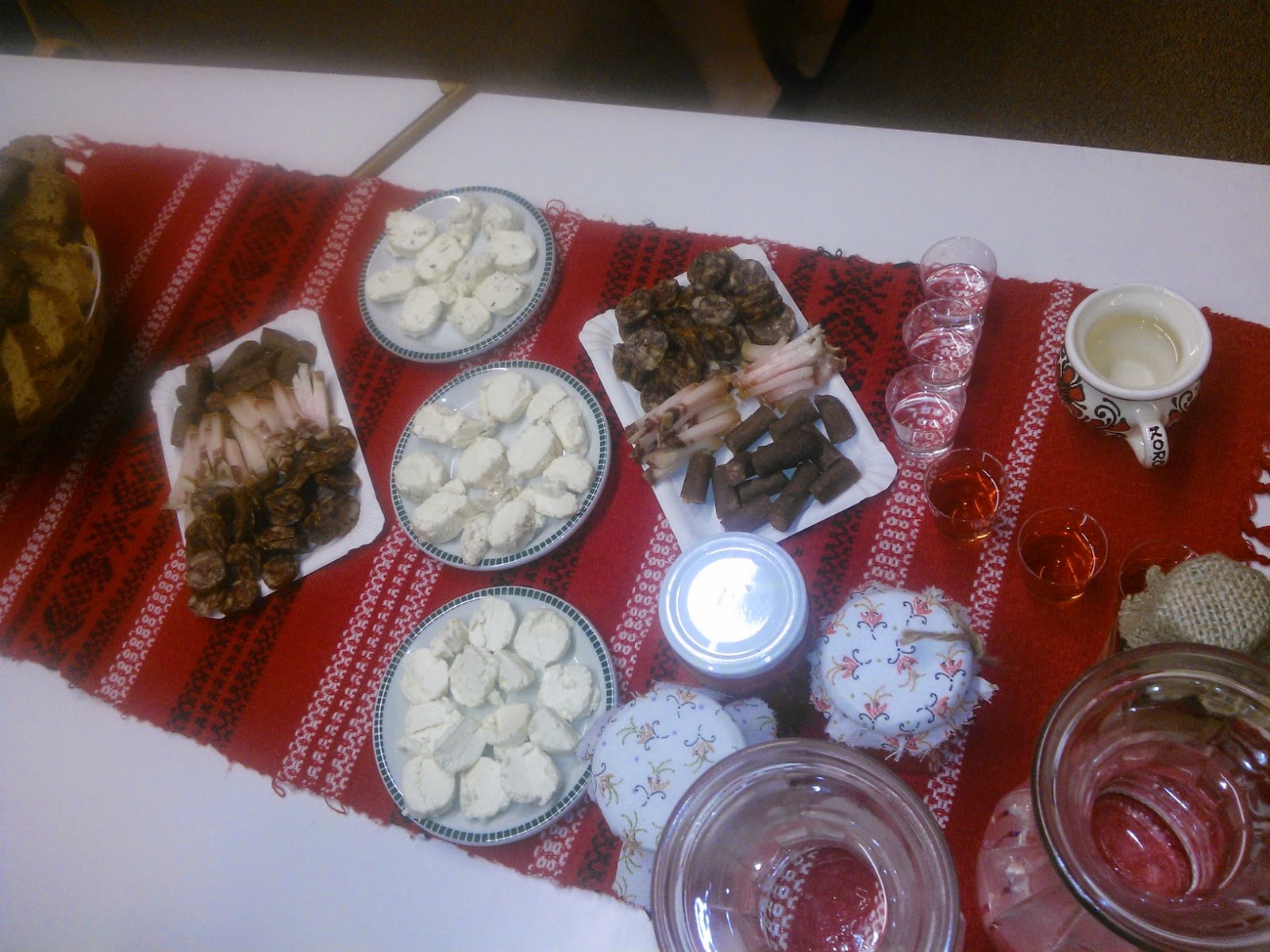Started the day with kind of a strange feeling of perplexion/sorrow/worry because of last night's football match between Brazil and Germany. What was that??? Is everything ok, down there?
Oh, well, as someone said early this morning, "Life is not only about football!" Congratulations to the Germans, anyway!
Now let's go down to business!

Today Thomas engaged us into a task about Digital Communication giving us the following statement by
Paul Watzlawick, as a starting point: "You cannot not communicate". The goal was to get our views on this expression, by brainstorming and progressively excluding until we get to 3 expressions/words.
Generally, the reflections on this topic came to the same results but they generated several discussions about the absense of body language on online communication, the basic human need of communicate, "miss_understandings" generated by the lack of responses, the consequences of silences in synchronous communication, the risks of mixed identities and other interesting issues.
(Actually, the expression "miss_understandings" was very well captured to express the feelings/thoughts of the female gender when it comes to lack of response, that part I found very funny and realistic. Well done by the group that did it.)
In the end we all came to agree that we really cannot not communicate.
Afterwards, Thomas gave us some clues on how to behave on synchronous communication in group. I retain these two which seemed the most important to me: mute ourselves when we're not talking and wear headset because of environmental noise.

He also presented an app which allow us to call home phones, free of charge, which we can get from: getonsip.com. I didn't find it particularly interesting though it has a characteristic that appealed to me, which was the HD voice, which provides really good sound from the phone. I'll have to think about it later, as we have to download the application.
Anna Krekeler, from Germany, made a very interesting presentation about Challenges and Opportunities of Web 2.0 supported, conception based civic education. Using web 2.0 tools to work concepts in the classroom, is always a good strategy for any subject, but the way Anna presented us was very creative, using a Log Book and suggesting e-portfolios to gather information and reflections.


In the afternoon we had Tim Riplinger and Nicklas Berend's presentantion and group activity, from Germany. Very dynamic and cleverly built, they presented the results of their research on the use of tablets in schools, as it is a project they are developing (or evaluating, I'm not quite sure) in their country. The activity they proposed culminated with a Pecha-Kucha presentation built with the resources gathered from each group's task previously assigned. It led to a reflection on the topic of
Tablets in school which, by the way, will be my topic on the Special Interest Group I'm in. So, some work is already done or, at least, we aren't starting from scratch.
It was another excellent day, with fruitful sharings and discussions. Mission accomplished, again. Hurray for us all!!!











.jpg)









